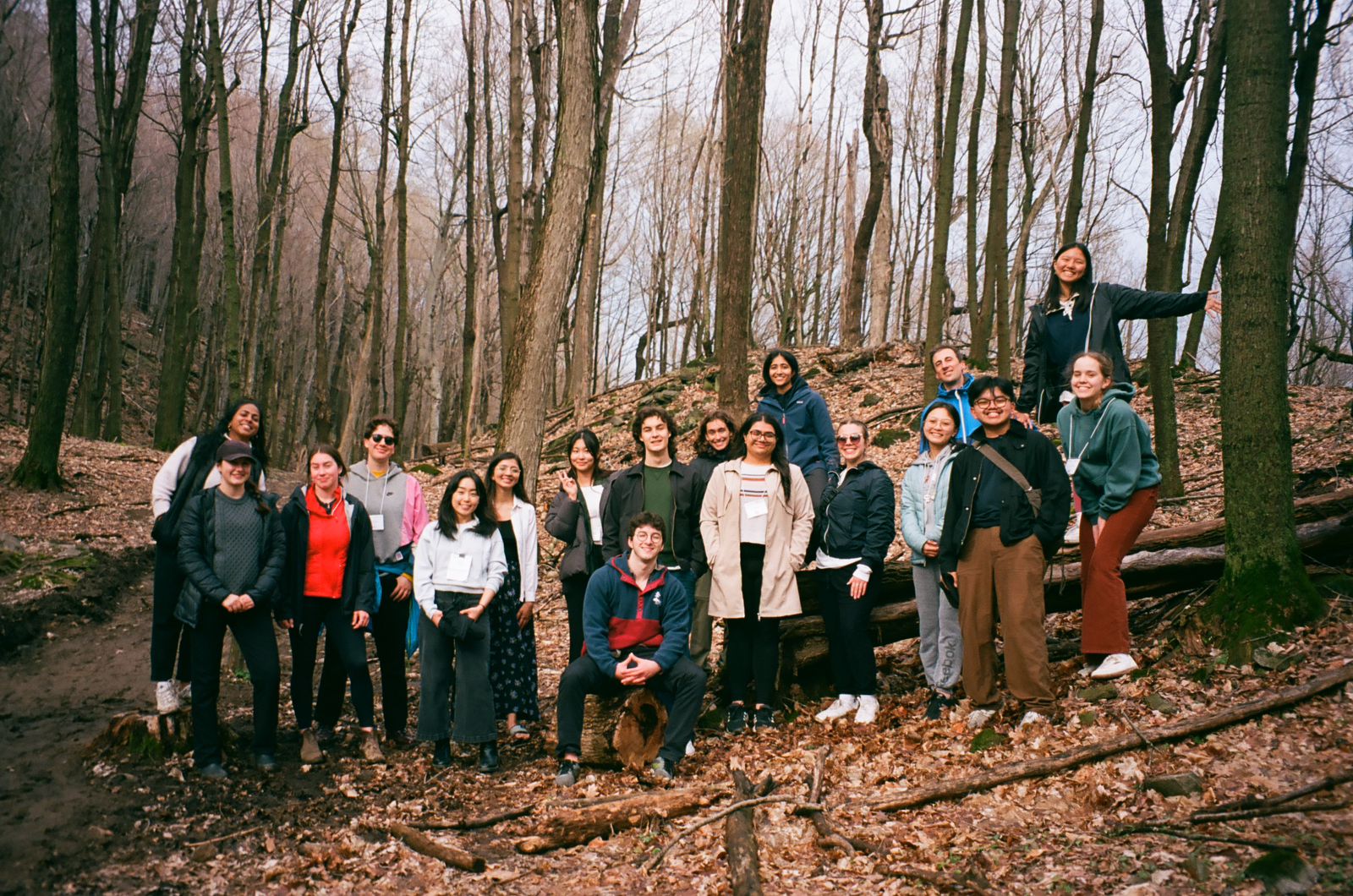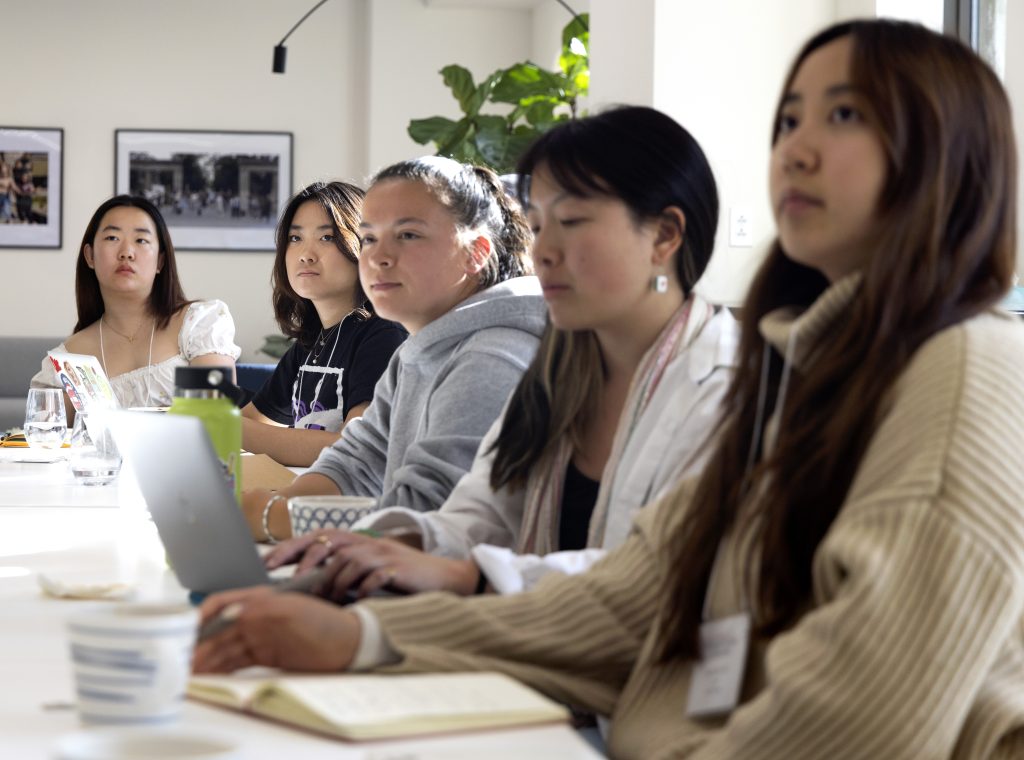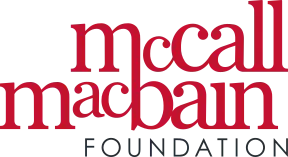McCall MacBain International Fellowships
The McCall MacBain International Fellowships enable globally minded Canadian undergraduate students to develop strong intercultural competencies and ties to different regions of the world through a year-long international experience. Through the fellowship, you will cultivate creativity, resilience, independence, critical thinking, and the ability to “stretch” outside of your comfort zone.
The program is offered to undergraduate students at McGill University, McMaster University, Dalhousie University, and the University of Manitoba, as well as current recipients of the MacBain Niagara Falls and McCall Huron County scholarships.
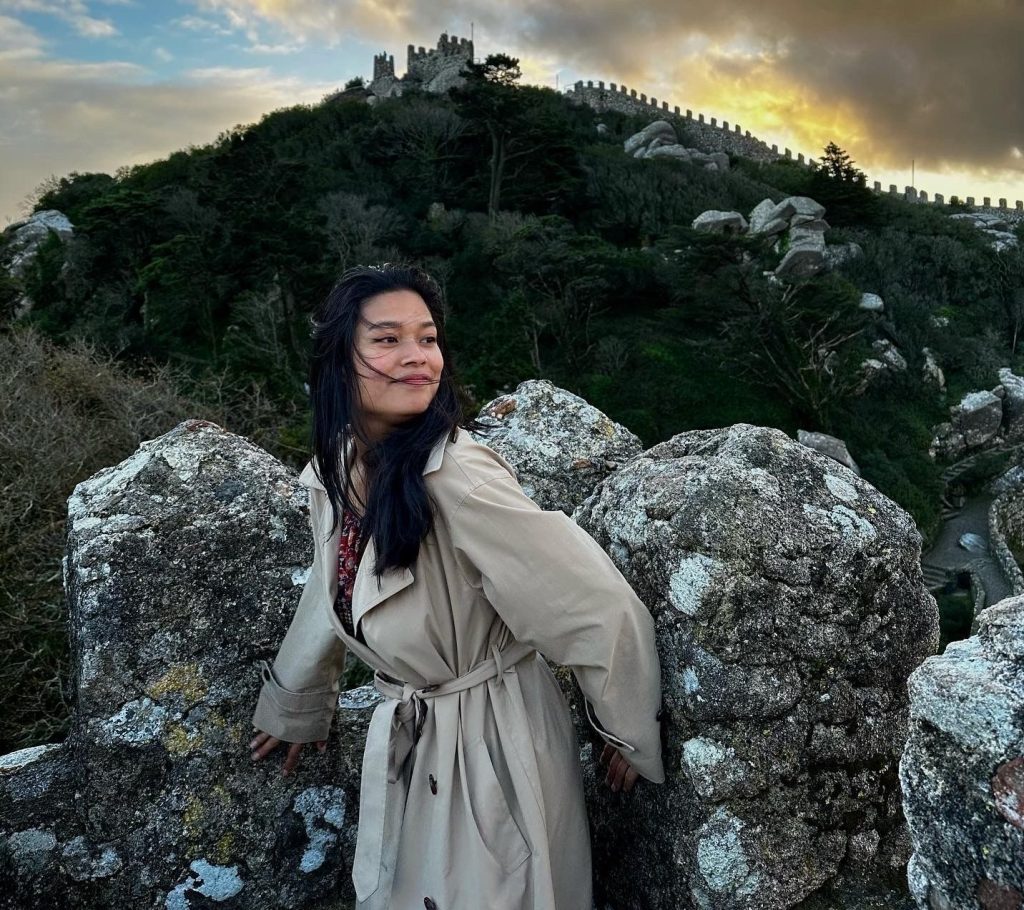
Jump to
About the Fellowship
The Fellowship year includes learning a new language, studying at a host institution, and completing an internship or work placement. During the year, fellows live with local hosts and spend time volunteering. These components help students respectfully participate in and learn about a new culture, build ties with local communities, gain different academic and professional perspectives, and develop their curiosity, independence, critical-thinking, and self-awareness. To gain a richer experience, fellows travel to countries that are unfamiliar to them and where they can develop language skills in a language that is not well known to them.
A study abroad program to develop globally minded young Canadians
Our world is increasingly interconnected and that means young Canadians need to be increasingly interconnected too. International experiences are a wonderful way for students to build a range of intercultural competencies that will help them tackle global challenges and advance Canada’s global leadership.
The Fellowship enables young people to:
- Develop global acumen through new language, intercultural, interpersonal, critical thinking, and behavioural skills
- Expand their knowledge base through diverse experiences and bring those learnings to Canada
- Foster an understanding of different cultures to advance inclusivity within an increasingly diverse Canadian society
- Create enriching personal experiences, professional connections, and memories
An Environics survey from 2018 suggests that over 80% of Canadians aged 18-24 are very or somewhat interested in living in another country for at least three months to learn about its language and culture, while over 70% want to study abroad. Yet only an estimated 11% pursue opportunities to study abroad, and an even lesser percentage explore culturally unfamiliar countries, resulting in Canada having one of the lowest study-abroad rates among Western countries.
We launched the fellowship program in 2018 to help young Canadians live and learn in a wide range of countries. With this Fellowship, we also hope to build and share learnings to encourage others – institutions, governments, and philanthropy – to create and scale more such opportunities.
Fellowship Details
Up to CAD $30,000 is offered to fellows to fund expenses of their year abroad. The Fellowship year begins in the fall and ends the year after, in the summer, and is divided into three terms:
Language term: Fellows take intensive courses to learn a new language, live with a host family, and volunteer with a local organization.
Academic term: Fellows take a full-time course load at a host university abroad, including courses taken in their new language.
Work term: Fellows secure a full-time, paid work placement or full-time internship.
Fellows receive the following support:
- A monthly living stipend during the language and academic terms
- Waived tuition through their home university, subject to their nomination
- Travel and establishment stipend, language course allowance, and medical allowance
- An in-country contact
Before they depart and when they return, fellows attend in-person retreats to help them prepare to make the most of the opportunity, and support their transition back to Canada.
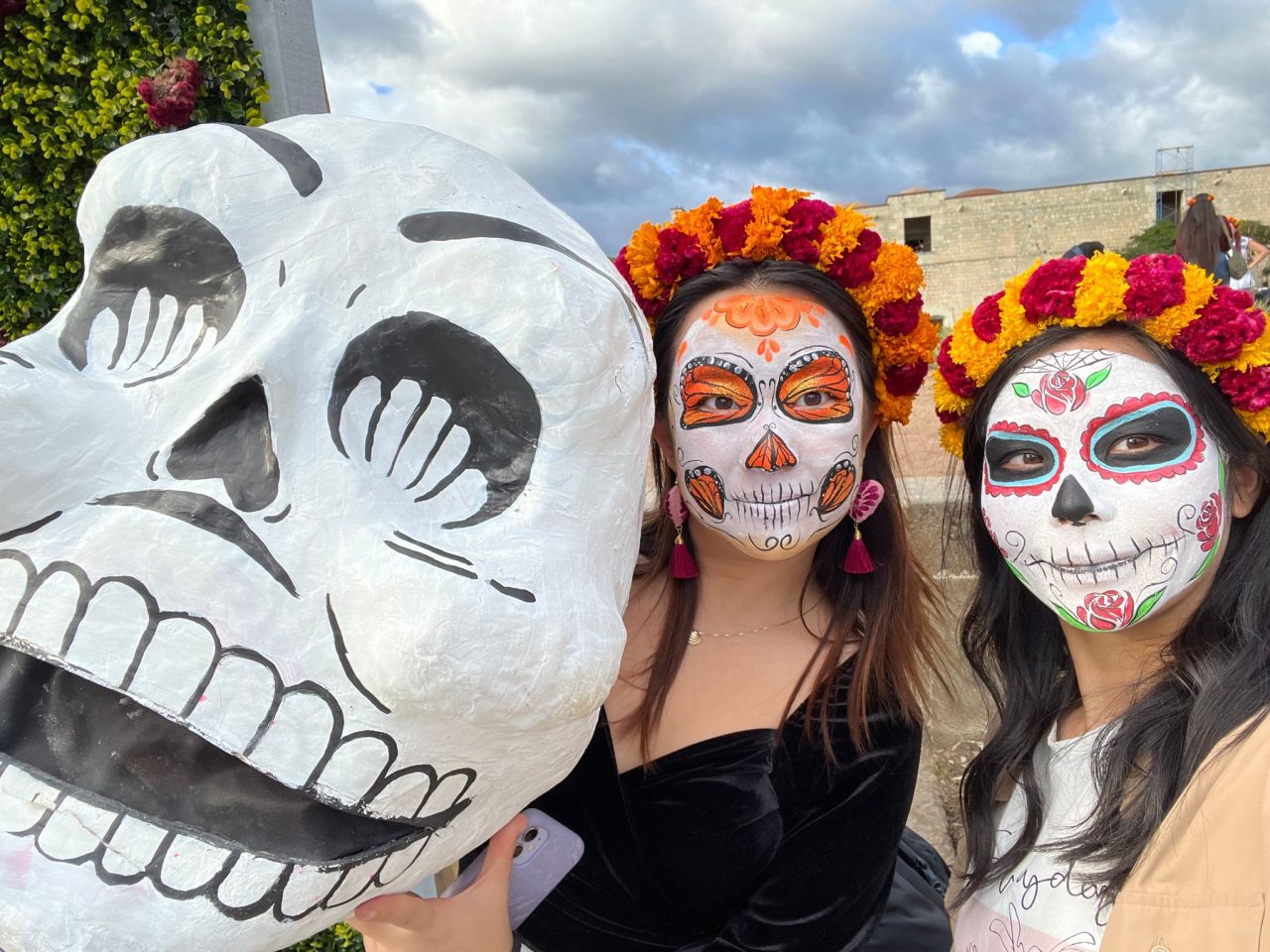

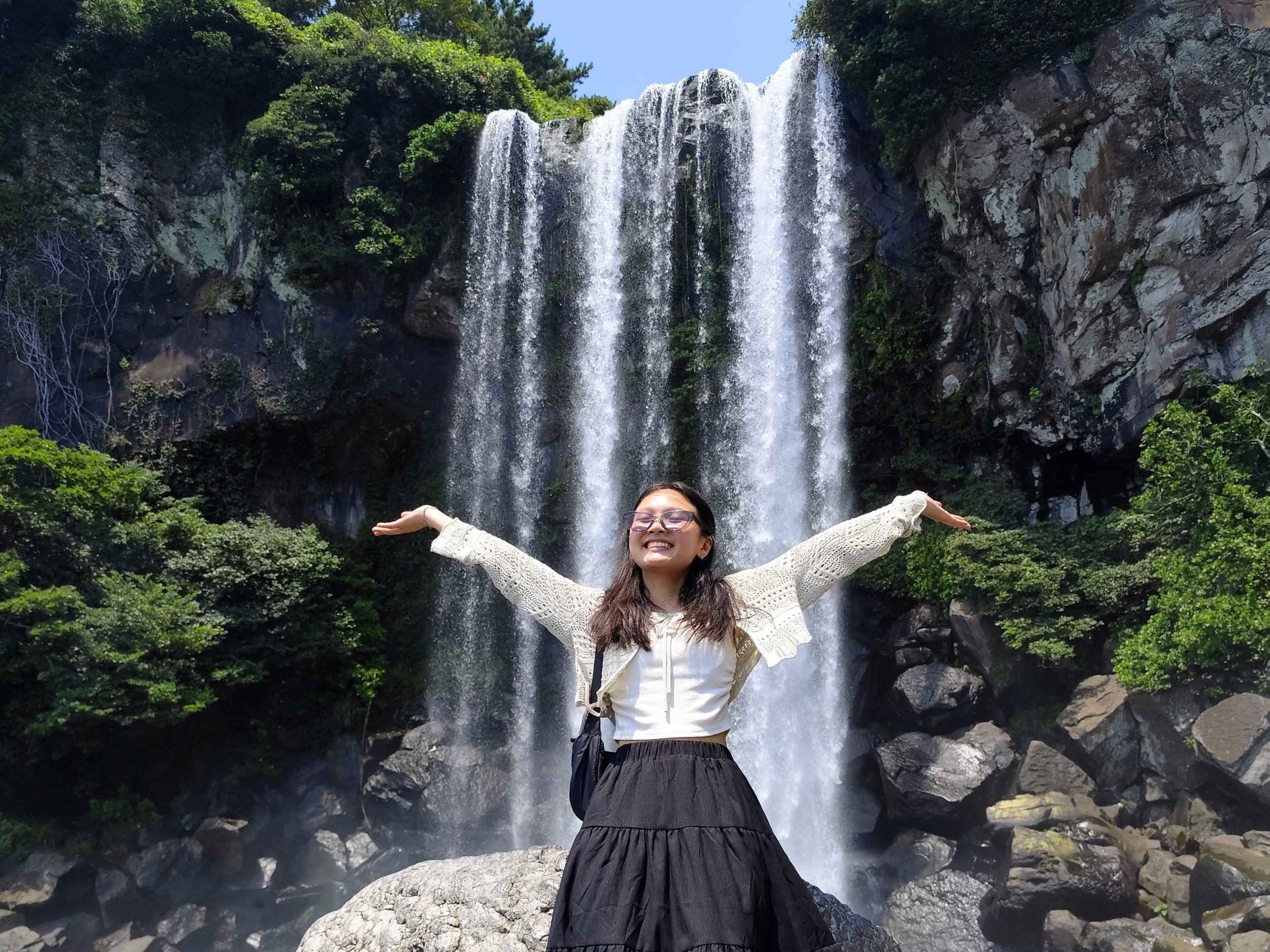
Eligibility Criteria
To be eligible, you must:
- Be a Canadian citizen or permanent resident upon application
- Be aged 19-24 on January 1st of the year of application
- Be enrolled at McGill, McMaster, Dalhousie, or the University of Manitoba; or be a recipient of a MacBain Niagara Falls or McCall Huron County scholarship
- Be enrolled full-time in a first-entry undergraduate program
- Have a minimum CGPA of 3.0 (8.0 if at McMaster University) at the time of the application deadline
- For degree programs of 4 or more years, have completed at least 3 academic terms prior to departure
- For degree programs of less than 4 years (e.g. CEGEP students in 90-credit programs), have completed at least 2 academic terms prior to departure
- Have not yet met the requirements to graduate prior to departure
- Be in good standing with your university, academically and otherwise
- Have not left Canada to participate in a travel, work, volunteer, or study abroad experience independently (i.e. without parents) in a new language or culture for 8 or more months during the last 3 years
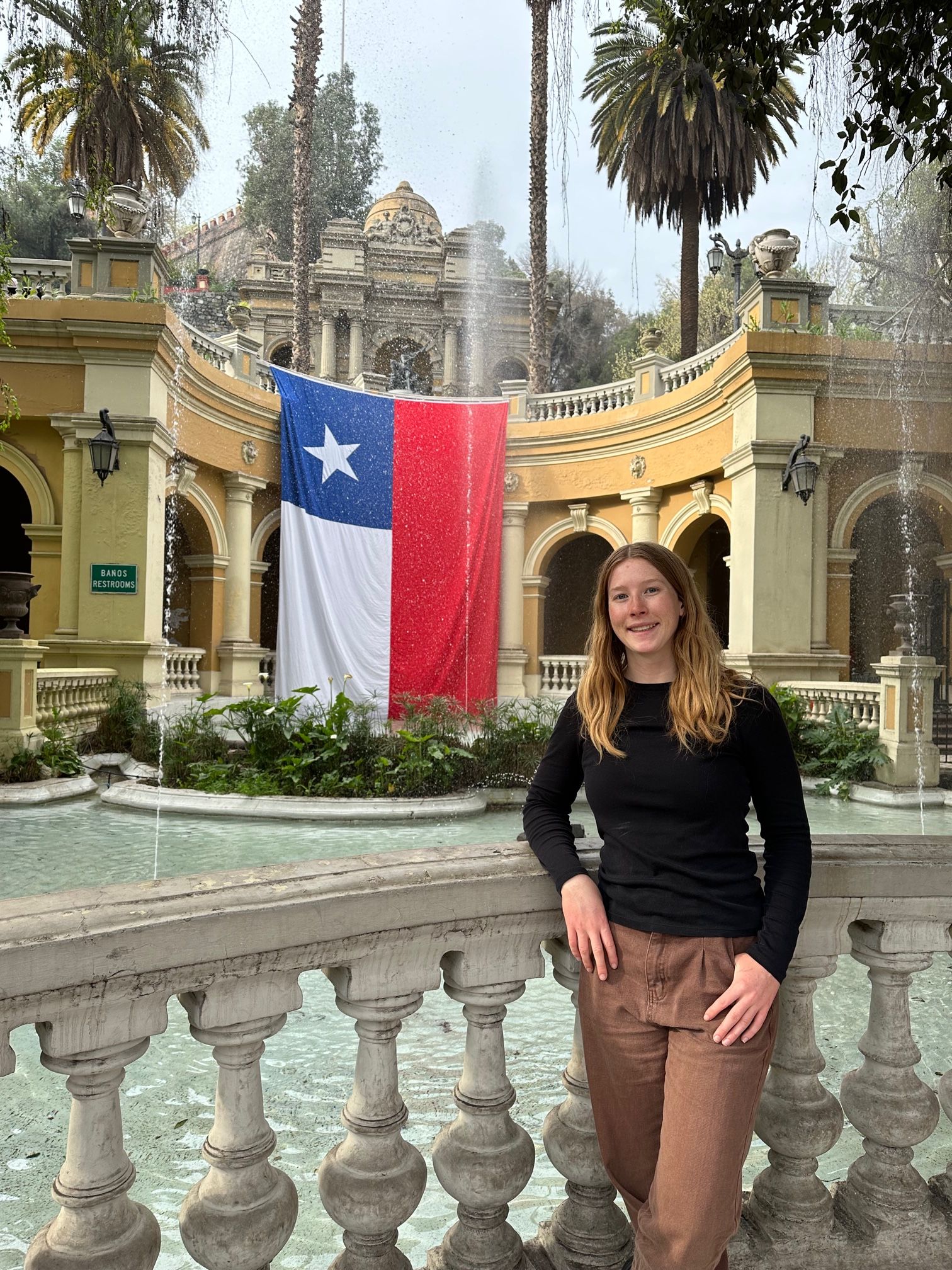
Application Process and Timeline
October 15, 2024
Applications open for departure in Summer 2025
January 13, 2025
Applications close for the 2025-26 cohort
February 10, 2025 – February 14, 2025
Students selected for interviews are notified
February 24, 2025 – March 11, 2025
Interviews with students take place in-person on campus on the following dates:
- February 24, 2025: University of Manitoba
- February 25, 2025: Dalhousie University
- March 3, 2025: McMaster University
- March 11, 2025: McGill University
Applicants who are recipients of a MacBain Niagara Falls or McCall Huron County Scholarship, and who study at a university not listed above will be asked to attend the closest campus interview day.
March 1, 2025 – March 16, 2025
Selected fellows are notified
April 30, 2025 – May 2, 2025
Selected fellows attend a mandatory, in-person pre-departure retreat near Montreal, Canada
May 2025 – August 2025
Fellows depart abroad
May 2026 – August 2026
Fellows return to Canada
September 16, 2026 – September 18, 2026
Fellows attend a mandatory in-person re-integration retreat near Montreal, Canada
Fellowship Experience
Read travel diaries from our fellows!
-
Making Madrid Mine
It didn’t really sink in that I was moving halfway across the world until I was alone in my Spanish host family’s apartment. They’d just left for a vacation and I was there with my bags still unpacked, staring at a set of keys and a door I barely remembered…
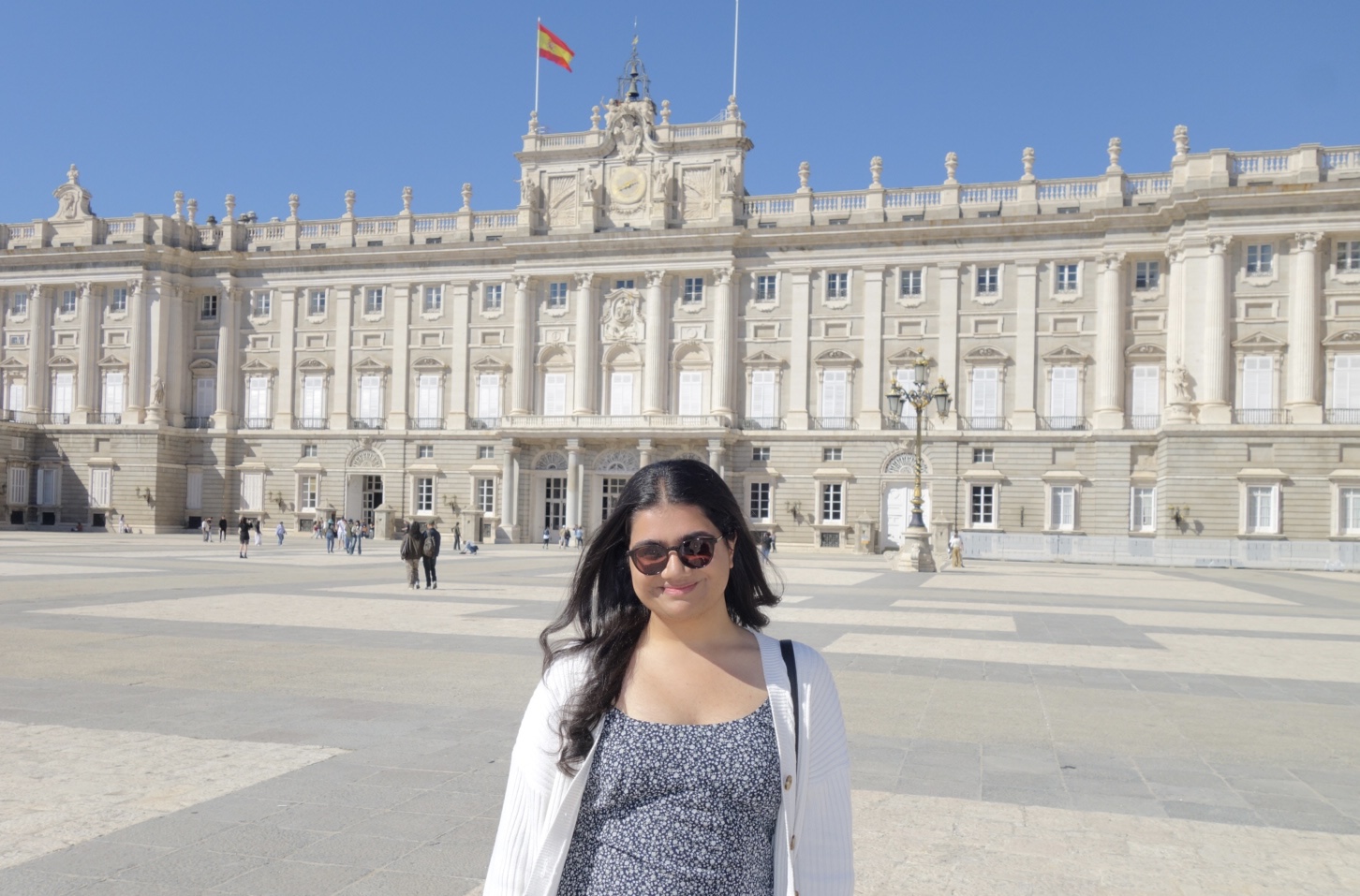
2024 McCall MacBain International Fellow, Janvi, writes from Spain -
Navigating Novelty
I arrived in Bogota on January 1st, 2025, marking the start of my new year. Unfortunately, I did not feel like I was brimming with the motivation and excitement that we typically hope a new year brings. Instead, I felt lonely and scared. I had fallen in love with Medellin,…
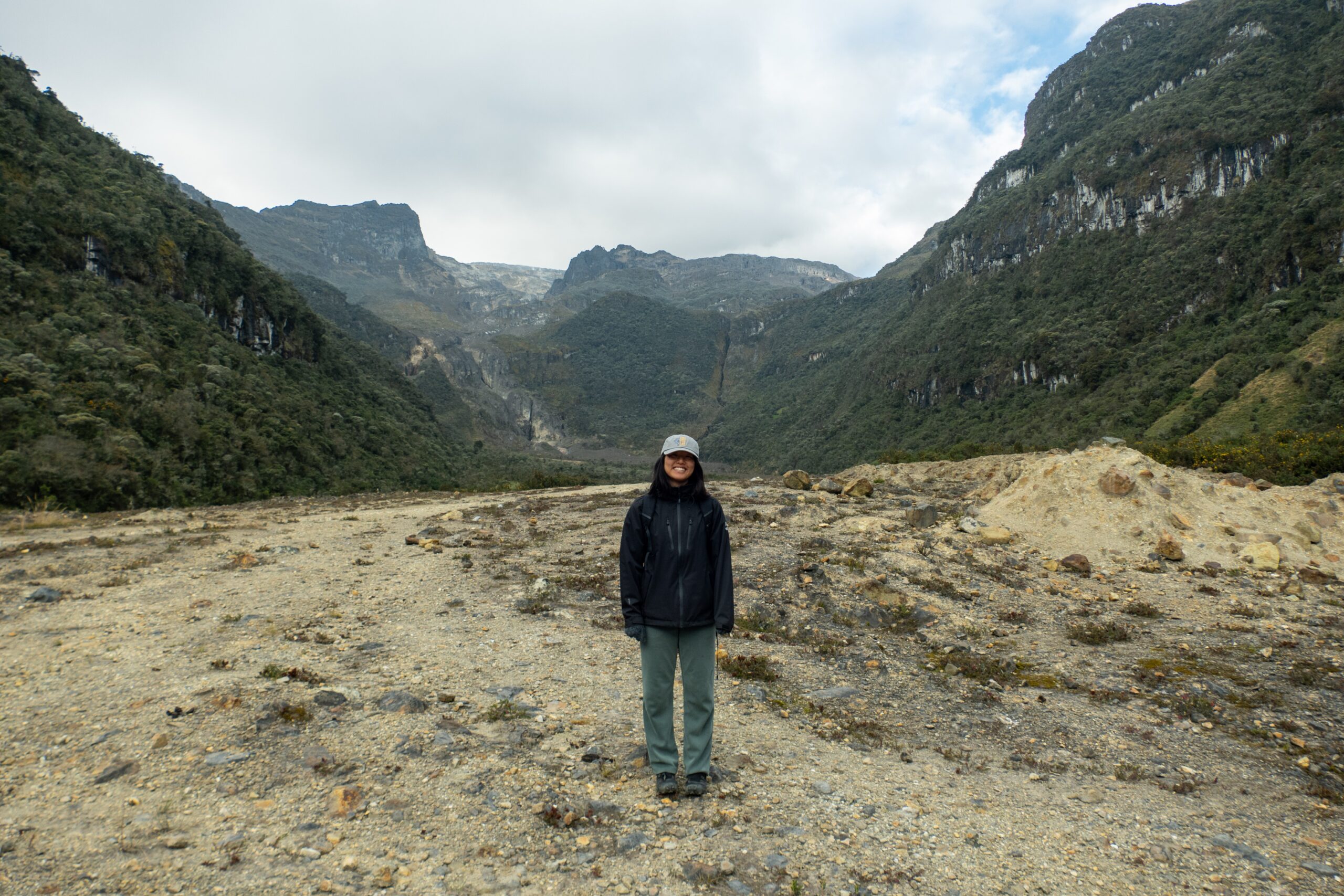
2024 McCall MacBain International Fellow, Sarah, writes from Colombia -
Here’s What I Wish I Had Known Before Starting My Work Term in Tokyo, Japan
Currently in Tokyo, wrapping up my work term, and honestly there are so many things I wish I had known before jumping into this experience. Not in a bad way. Just things that would have been nice to mentally prepare for. But then again, maybe the best part has been…
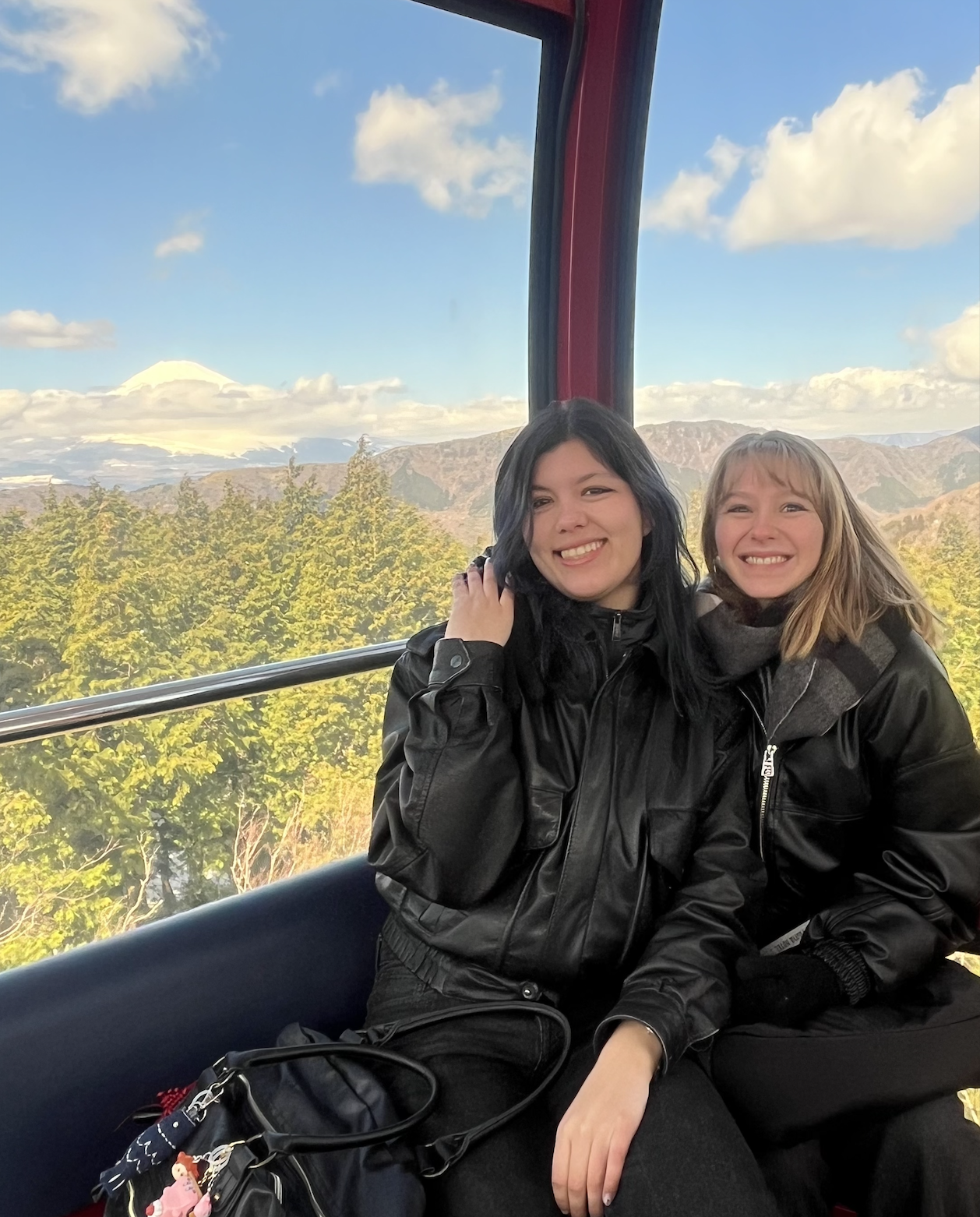
2024 McCall MacBain International Fellow, Mayra, writes from Japan
